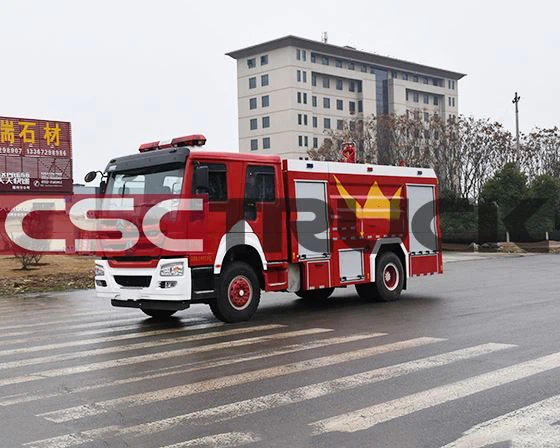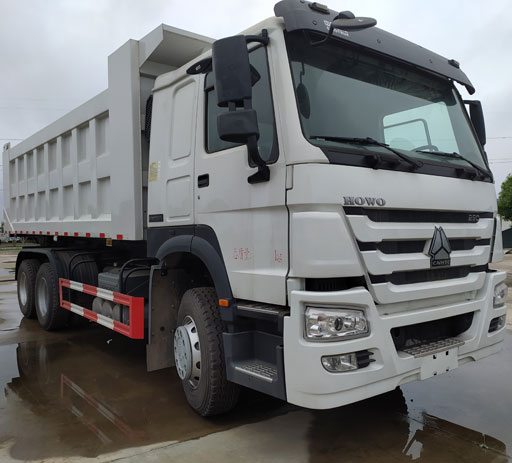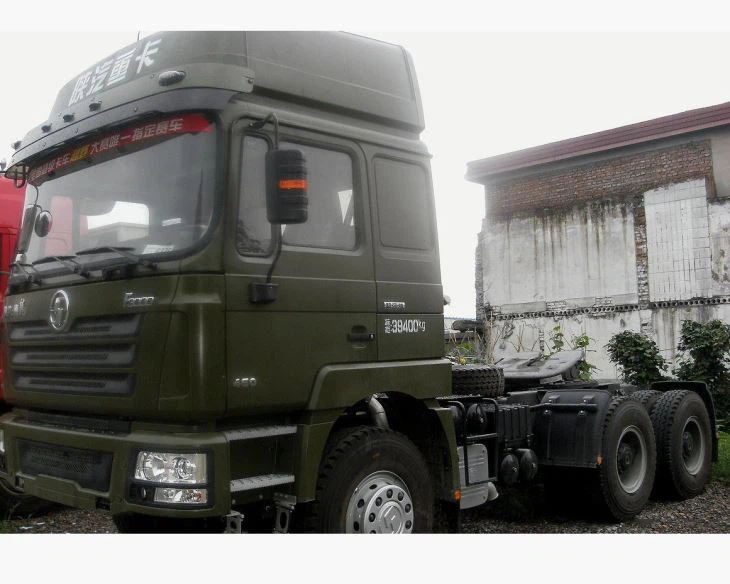Common Problems with Isuzu NPR: What You Need to Know

Introduction

The Isuzu NPR is a versatile and durable medium-duty truck known for its reliability and adaptability in various commercial applications. However, like any vehicle, it is not immune to certain issues that can affect performance, safety, and longevity. Understanding these common problems can help owners and operators proactively manage maintenance and repairs, ensuring the truck remains roadworthy and productive. This article delves into the most prevalent problems, how to recognize them, and practical tips for mitigating these issues.
1. Engine Issues
1.1 Overheating Problems
Overheating is a common issue reported by Isuzu NPR owners. This problem can arise from various factors, including coolant leaks, faulty thermostats, and radiator blockages. Detecting the signs of overheating early can prevent severe engine damage and costly repairs.
- Check the temperature gauge regularly.
- Inspect for coolant leaks under the truck.
- Ensure the radiator and cooling system are flushed regularly.
1.2 Lack of Power

A lack of power or sluggish acceleration can indicate several potential issues, including fuel filter clogs, air intake problems, or issues with the turbocharger. Regular maintenance and timely replacement of filters can help alleviate this problem.
Symptoms of Lack of Power:
- Reduced acceleration speed
- Engine hesitance when accelerating
- Unusual noises from the engine
2. Transmission Problems
2.1 Slipping Transmission
Transmission slipping can manifest as difficulty in shifting gears or sudden changes in engine RPMs without corresponding changes in speed. This issue can result from low transmission fluid levels, filter issues, or worn-out clutches. Regularly checking fluid levels and changing the transmission fluid can prevent this issue.
2.2 Transmission Fluid Leaks
Signs of transmission fluid leaks can include red puddles under the vehicle or a burning smell. If left unaddressed, these leaks can lead to complete transmission failure.
- Inspect the ground where the truck is parked for fluid leaks.
- Regularly check the transmission fluid level using the dipstick.
3. Electrical Problems
3.1 Battery Issues
Battery problems often stem from corrosion, loose connections, or an old battery. Symptoms of a failing battery may include slow engine crank or dimming lights.
- Check battery terminals regularly for corrosion.
- Test battery voltage if you notice starting difficulties.
3.2 Alternator Failure
A failing alternator can lead to electrical issues, which include erratic dashboard lights and completely dead batteries. If the truck experiences electrical problems while driving, it may be a sign of a failing alternator.
4. Brake System Failures
4.1 Brake Pads/Rotors Wear
Brake pads and rotors can wear down over time, leading to decreased braking efficiency. Common signs include squeaking noises and a soft brake pedal.

- Replace brake pads and rotors according to manufacturer recommendations.
- Listen for abnormal sounds when applying brakes.
4.2 Brake Fluid Leaks
Brake fluid leaks can severely impact the functionality of the braking system. Regularly inspecting the brake lines and checking fluid levels can help catch issues early.
5. Suspension and Steering Issues
5.1 Worn Shock Absorbers
Worn shock absorbers can lead to a rough ride and decreased control over the vehicle. If you notice excessive bouncing or difficulty in handling, it may be time to check the shocks.
5.2 Steering Box Problems
Steering box wear can lead to poor handling and alignment issues. Make sure to have the steering system inspected regularly to prevent accidents.
6. Fuel System Problems
6.1 Clogged Fuel Filter
A clogged fuel filter can prevent the proper flow of fuel to the engine, causing performance issues. Symptoms may include stalling or difficulty starting the engine.
6.2 Fuel Injector Malfunction
Fuel injectors that are dirty or malfunctioning can affect fuel delivery and engine efficiency. Regularly using fuel system cleaners can help mitigate injector problems.
7. Exhaust and Emission Problems
7.1 Exhaust Leaks
Exhaust leaks can lead to harmful emissions and reduced engine performance. Early detection of leaks can help maintain emission standards and protect the engine.
7.2 Check Engine Light
Frequent illumination of the Check Engine light often indicates exhaust or emission system issues. Using an OBD-II scanner can help diagnose problems quickly.
8. Maintenance Tips for Isuzu NPR Owners
- Regular oil and filter changes should follow the manufacturer’s recommendations.
- Inspect and maintain fluid levels frequently.
- Conduct pre-trip vehicle inspections to preemptively identify potential issues.
9. Practical Examples of Problem Resolution
9.1 Example: Addressing Overheating
To solve an overheating issue, start by checking the coolant level and ensuring there are no leaks in the cooling system. If the fan does not engage, the thermostat may need replacement. Regularly flushing the radiator can also prevent blockages.
9.2 Example: Maintaining Transmission Health
To prevent slipping transmission, schedule bi-annual fluid changes even before the manufacturer’s replacement intervals if you operate in a high-stress environment.
FAQs
What are the major signs of engine overheating in an Isuzu NPR?
Common signs include the temperature gauge reading in the red zone, steam coming from under the hood, and a sweet smell of coolant.
How often should I change the oil in my Isuzu NPR?
It is generally recommended to change the oil every 5,000 to 7,500 miles, but consult your manual for specific recommendations for your model and usage conditions.
What can cause a brake fluid leak?
Brake fluid leaks may be caused by worn brake lines, deteriorating seals, or damage during operation. Regular inspection helps prevent this issue.
Is it necessary to use Isuzu parts for replacements?
While OEM parts are recommended for their reliability, quality aftermarket parts may also be suitable. It depends on the specific part in question and your preferences.
Can I perform maintenance myself, or should I hire a professional?
Many basic maintenance tasks can be performed by the owner, such as oil changes and fluid checks. However, more complicated repairs should be handled by a professional mechanic.
